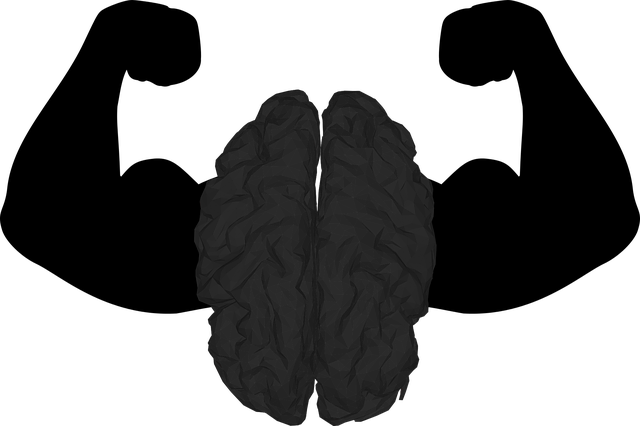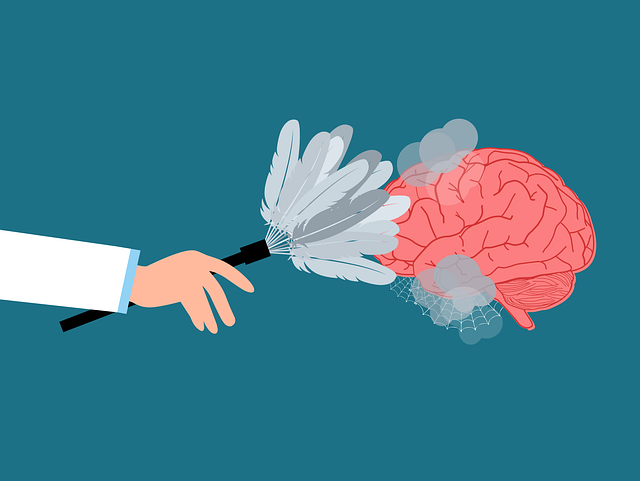Crisis Intervention Teams (CITs), comprising professionals from psychology, social work, and psychiatry, offer swift, specialized support for emotional crises. They focus on improving short-term outcomes and long-term mental health management, especially in superior relationship issues therapy through evidence-based interventions. Effective training integrates mental health education, social skills training, and stigma reduction efforts. On-site CIT training addresses local needs, enhances knowledge retention, and fosters an inclusive learning atmosphere. Building a strong team dynamic and continuous support are key to successful crisis intervention. Regular debriefings, mental wellness coaching, and self-awareness exercises empower team members to manage their well-being and prepare for crises.
In today’s complex social landscape, effective crisis intervention teams (CITS) are a vital resource in mental health support. These specialized groups play a crucial role in mitigating high-risk situations and promoting positive outcomes for individuals facing severe emotional distress. This article explores the key components of robust Superior Relationship Issues Therapy (SRIT) training programs, implementation strategies, and continuous evaluation methods to ensure long-term team effectiveness. By understanding these elements, we can enhance community well-being and foster healthier relationships.
- Understanding Crisis Intervention Teams: A Vital Resource in Mental Health Support
- Key Components of Effective Superior Relationship Issues Therapy Training Programs
- Implementation and Challenges: Strategies for Successful On-Site Training
- Continuous Support and Evaluation for Long-Term Team Effectiveness
Understanding Crisis Intervention Teams: A Vital Resource in Mental Health Support

Crisis Intervention Teams (CITs) are an invaluable asset in mental health care, offering a swift and specialized response to individuals experiencing severe emotional distress or crisis situations. These teams typically consist of trained professionals from various disciplines, including psychology, social work, and psychiatry, who collaborate to provide immediate support. By integrating CITs into the existing mental health framework, we can enhance the quality of care, especially in addressing superior relationship issues therapy.
The primary role of a CIT is to de-escalate high-risk situations, offer crisis counseling, and facilitate access to appropriate long-term treatment options. Through effective communication strategies and empathy building techniques, members of these teams can connect with individuals in distress, gain their trust, and provide the necessary support. Mental Health Policy Analysis and Advocacy plays a crucial role in ensuring that CITs have the resources and training they need to navigate complex systems and deliver evidence-based interventions. This collaborative approach not only improves short-term outcomes but also fosters better long-term mental health management for those facing crisis situations.
Key Components of Effective Superior Relationship Issues Therapy Training Programs

Effective Superior Relationship Issues Therapy (SRIT) training programs incorporate several key components to ensure success in fostering healthy interpersonal dynamics. One of the foundational elements is the Mental Health Education Programs Design. This involves equipping participants with a comprehensive understanding of various mental health conditions, their impact on relationships, and evidence-based strategies for support. A well-rounded curriculum should include topics such as stress management techniques, emotional regulation skills, and advanced communication strategies.
Additionally, training should focus on Social Skills Training to enhance the participants’ ability to connect, empathize, and resolve conflicts constructively. Role-playing exercises and group discussions create a safe environment for practicing these skills. By combining robust mental health education with practical social skills development, SRIT programs enable individuals to navigate complex relationship issues more effectively, promoting healthier interactions in both personal and professional settings.
Implementation and Challenges: Strategies for Successful On-Site Training

Implementing crisis intervention team (CIT) training programs on-site presents unique challenges but offers significant advantages in fostering effective response to mental health crises. A key strategy is tailoring the program to the specific needs and context of the organization or community. This involves understanding the local landscape of mental health resources, including available services, referral networks, and cultural considerations. Engaging experts with real-world experience in superior relationship issues therapy can ensure the training curriculum addresses relevant scenarios and provides practical solutions.
Mental health education programs designed with an on-site approach should prioritize interactive learning experiences to enhance knowledge retention. Incorporating role-playing exercises, case studies, and group discussions facilitates active participation and promotes a deeper understanding of crisis intervention techniques. Additionally, integrating mental illness stigma reduction efforts into the training can help create a supportive environment, encouraging open dialogue about anxiety relief strategies. By combining comprehensive curriculum design with an inclusive learning atmosphere, on-site CIT training programs become powerful tools for empowering individuals to handle crises effectively while reducing potential barriers associated with off-site education.
Continuous Support and Evaluation for Long-Term Team Effectiveness

Effective crisis intervention team training programs understand that creating a superior relationship between team members is key to long-term success. Continuous support and evaluation are vital components in ensuring the team’s effectiveness. Regular debriefings after each intervention allow for reflection, where team members can discuss challenges faced, successful strategies employed, and learn from one another. This process fosters cultural sensitivity in mental healthcare practice by promoting an environment where diverse perspectives are valued and respected.
Moreover, integrating mental wellness coaching programs development within the training curriculum empowers team members with tools to manage their own well-being. Self-awareness exercises become integral, helping individuals recognize their emotional triggers and vulnerabilities. Over time, these practices enhance the team’s overall resilience and preparedness in handling crisis situations effectively.
Crisis Intervention Team (CIT) training programs, focusing on Superior Relationship Issues Therapy, play a pivotal role in enhancing mental health support. By equipping professionals with effective strategies and fostering strong superior relationships, these programs contribute to improved team dynamics and community well-being. Implementation challenges can be navigated through strategic on-site training, continuous post-training support, and regular evaluation, ensuring long-term team effectiveness. Investing in comprehensive CIT training is a step towards building resilient communities that prioritize mental health and foster meaningful connections.














